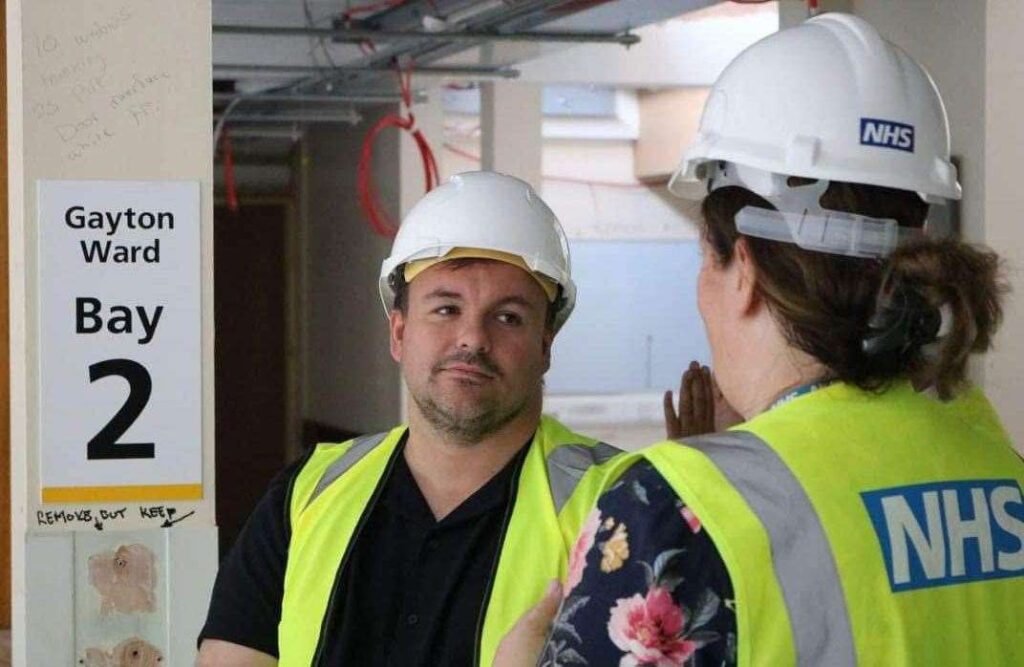In his fortnightly column, South West Norfolk MP Terry Jermy reacts to the Queen Elizabeth Hospital being ranked the worst in the UK…
Last week, the NHS League Tables ranked the Queen Elizabeth Hospital (QEH) as the worst-performing out of 134 acute hospitals in England.
There are many reasons for this. Wait times for many diagnostic services are too long, and no doubt, the hospital’s appalling state – propped up by thousands of metal and wooden supports – only worsens the situation.
For too long, healthcare services in West Norfolk have been overlooked and underfunded.
When I stood to be MP, I said improving healthcare was my number one priority. I know first-hand the devastating consequences that can result from treatment delays.
The QEH should have been added to the New Hospital Programme long ago by the previous government, and it is scandalous that despite a Health Secretary and a Prime Minister representing local constituencies only a few years ago, patients, staff and health services have been failed.
Much progress has been made since the general election with the Labour Government confirming more than £1.4billion for a major rebuild of the QEH. We are wholly committed to delivering modern NHS facilities, but to turn things around, we need to go further than just addressing bricks and mortar.
The Government’s 10-year NHS plan focuses on three areas: Shifting care from hospital to the community, moving from analogue to digital, and from sickness to prevention.
Already, patients in West Norfolk are accessing quicker care, with over 25,000 extra appointments delivered in just one year – part of over 5 million extra appointments delivered across England since the election.
I know that healthcare professionals are working hard to provide the best possible care in difficult circumstances. These hospital rankings are not a criticism of frontline staff, but highlight structural, managerial and political failures over many years. Residents tell me time and again, the care they receive is good, they’re just receiving it too slowly. I want to reassure staff and the public that this government is focused on ensuring the highest-quality care is available.
Another powerful example of staff dedication is the Norfolk Ovarian Cancer Support Group, set up by a local oncology nurse. I attended this month’s meeting, where I heard from women experiencing this awful disease. As a national ambassador for Target Ovarian Cancer, I work hard in Parliament and the constituency to raise awareness, and I am determined to ensure that change happens.
Another recent healthcare focus has been the provision of stroke support services. With nearly 3,000 stroke survivors in the constituency, ensuring the continuation of stroke support services is key. I wrote to the Norfolk and Waveney ICB, seeking assurances that these services would continue, and I was pleased to hear of the steps they are taking to ensure this, in addition to a focus on stroke prevention, in line with the government focus on preventative care.






